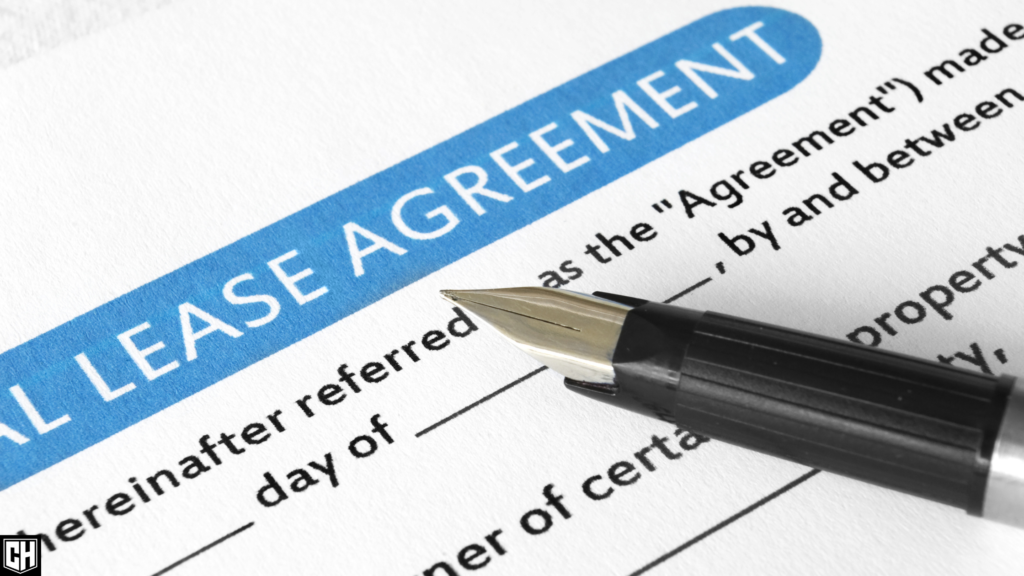|
|
Did you know 10.6 million people declared income from rental properties?
Being a landlord can be an extremely lucrative opportunity. But being a landlord can also be exhausting.
Maybe you’ve had enough of tenant drama and never-ending repairs. Or maybe you want to take advantage of the equity built up in your rental property.
Whatever your reason is, there are alternatives to landlording, and they aren’t as scary as they might seem. Here are some common landlording alternatives.
Co-Own With Family Members or Friends
If you can’t bear the thought of turning over your rental property to someone else, consider co-ownership. If you have a family member who is responsible, consider adding them as an owner of one or more properties.
They can help oversee tenants and handle minor repairs, while you continue to handle major expenses like mortgage payments, insurance, and property tax bills. Many states allow for tenants in common, which allows two or more people to hold title on the same parcel of real estate.
Become Part of a Syndication Group
Another way to avoid landlording is through syndication groups. These are groups of investors who pool their money together to buy properties.
The investors then distribute profits among themselves according to how much they originally contributed toward buying. By joining a syndicate, you don’t have to worry about property management or repairs. You just send them your money and they handle everything else.
Invest in REITs
One option to invest in property is to invest through a fund or an exchange-traded fund (ETF) that invests in real estate investment trusts (REITs).
REITs are entities that own, operate, or finance income-producing real estate properties, such as apartment buildings, shopping malls, and hotels. By purchasing shares of these companies through mutual funds or ETFs, investors can profit from their success without having to manage any properties themselves.
Buy Properties for Personal Use
If you’re looking for a way to make money without having to deal with tenants or repairs, buying homes for yourself or family members is an option worth considering. You can choose homes in areas where housing prices are expected to rise in the future.
Then sell them at a profit later on down the line when they’ve appreciated (or rent them out). It’s important to keep in mind that this won’t work if home prices fall, but if you’re buying something that will increase its value over time, it could be worth the risk.
Landlording Alternatives: Use These Strategies to Make a Profit
While landlording can be very satisfying, for some people is may not be the most efficient or rewarding choice.
That doesn’t mean that you should never invest in real estate property, however. There are plenty of landlording alternatives and real estate investment strategies that don’t require being a full-time landlord. You just have to know where to look and how to execute on them.
Interested to learn more about real estate investing? Explore this section of the blog.
